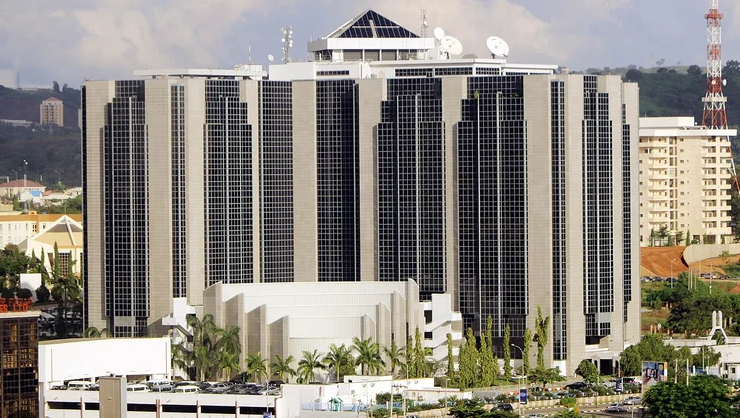
Elena Perez Celis
Nov 28, 2024
ABUJA, Nov 26 – The Central Bank of Nigeria (CBN) announced an increase in its benchmark lending rate by 25 basis points, bringing it to 27.50%. This decision, made during the Monetary Policy Committee (MPC) meeting on Tuesday, marks the sixth consecutive rate hike in 2024.
The central bank explained that the decision was necessary to combat rising inflation, which has become a critical issue for Africa’s largest economy and most populous country. Inflation in Nigeria climbed for the second consecutive month in October, reaching an annual rate of 33.88%. This surge has severely impacted citizens, who are struggling with one of the worst cost-of-living crises in decades.
Governor Olayemi Cardoso highlighted that the increase in inflation is primarily driven by higher food and energy prices. Both factors are particularly sensitive in Nigeria, where many households spend a significant portion of their income on these essentials.
The country’s inflationary pressures are further complicated by global economic challenges and local economic reforms. For instance, the recent removal of fuel subsidies and the devaluation of the naira (Nigeria’s currency) have contributed to higher transportation and import costs, worsening the burden on everyday Nigerians.
Raising the benchmark lending rate is a tool central banks use to control inflation. By making borrowing more expensive, the central bank aims to reduce consumer spending and business investment, thereby slowing down price increases.
However, higher interest rates can also have downsides, such as slowing economic growth and increasing the cost of loans for businesses and individuals. This balance between curbing inflation and supporting economic activity is a delicate one, and the central bank is under pressure to navigate it effectively.
Governor Cardoso expressed the central bank’s commitment to fighting inflation, describing it as a “war” that requires unwavering focus. He emphasised that the bank’s policy tightening measures would likely start showing more significant results by the first quarter of 2025.
Meanwhile, the Monetary Policy Committee remains vigilant and committed to monitoring price developments closely. “Members agreed unanimously to remain focused on addressing price stability,” Cardoso stated during a news conference in Abuja.
Nigeria’s economic challenges extend beyond inflation. The country has faced sluggish growth, high unemployment, and fiscal constraints in recent years. While the central bank’s policies are designed to stabilise prices, experts warn that comprehensive reforms are also needed to boost productivity, improve infrastructure, and create jobs.
In the meantime, ordinary Nigerians are left to grapple with soaring food and fuel costs, making daily life increasingly difficult. As the government and the central bank implement policies to stabilise the economy, it remains to be seen how quickly these measures will bring relief to the people.
☗Muinmos & Africa Due Diligence - ADD™ Partner to Boost Trust in Africa's Financial Sector
☗Africa's fintech sector is booming
☗Africa Beckons Investors: Debunking the Myth of High Risk
☗BRICS Expansion: Africa at the Centre and the Future of Crypto Adoption
☗Boosting Intra-African Trade with Regional Value Chains
☗Ghana’s General Elections: A Pivotal Moment for Democracy and the Economy
☗GABS 2024: Strengthening Germany-Africa Economic Partnerships
☗Sarama Resources Initiates Legal Action Against Burkina Faso Government After Unlawful Withdrawal of Mining Permit
☗Intra-Africa trade: The Key to Africa’s Economic Growth & AfCFTA’s Role
☗Human Rights and Industrialisation in Focus at Addis Ababa Conference
Subscribe to receive our latest posts & updates via email.